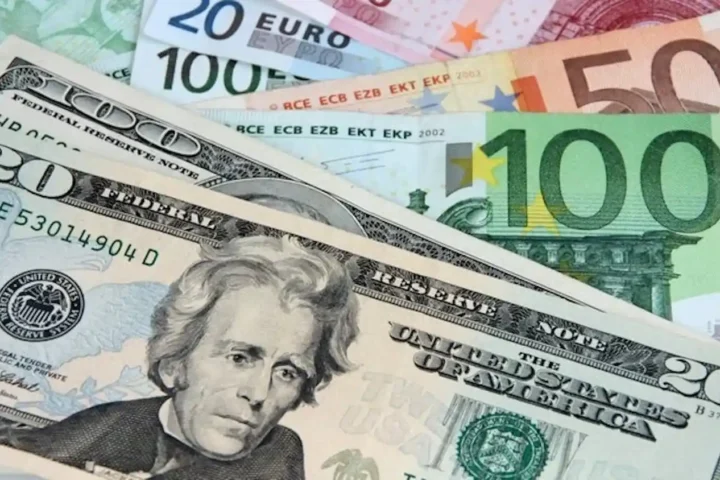The European Union is facing a decisive moment. From countering authoritarian aggression to managing the fallout from the Covid-19 pandemic, energy crises, and war in Ukraine, the bloc’s resilience is being tested like never before. Now, as negotiations intensify over the next Multiannual Financial Framework (MFF), the debate is shifting beyond balance sheets to the very future of Europe’s security, competitiveness, and climate ambitions.
For the power sector, the stakes could not be higher. Electricity operators, tasked daily with meeting strict EU regulations, stand to gain from targeted investment support. Recent data underscores the economic value of channeling European funds into the electricity sector — a linchpin for the continent’s industrial transformation. Under the Clean Industrial Deal, the EU aims to boost its electrification rate by 50% by 2030, raising it from 21.3% to 32%. That transition will define the future of industries from steel and chemicals to food processing and high-tech manufacturing.
Electrification is also pivotal to REPowerEU, the EU’s plan to end reliance on Russian fossil fuels. In 2024, the bloc still spent €21 billion on Russian oil and gas — more than the €19 billion it provided in aid to Ukraine. The only way to break this dependency, energy leaders argue, is a rapid expansion of clean, homegrown electricity.
Yet the path forward demands more than climate targets. The electricity sector already delivers 75% of the emissions reductions achieved under the EU’s Emissions Trading Scheme, despite producing 30% of overall EU emissions. As renewables grow, so do the costs of maintaining supply security. Experts say the next wave of investments must focus on resilience — from underground power lines and mobile backup systems to advanced cyber protection.
The European Commission estimates that annual power sector investments will need to reach €311 billion from 2031, nearly ten times the needs of the industrial sector. Mobilizing that capital without undermining jobs or competitiveness is the challenge. The Commission’s July proposal earmarks 35% of the next budget — about €700 billion — for climate and environmental action, with priority given to grids and infrastructure that benefit the public and small businesses.
But questions remain over spending rules. Critics warn against tying energy funding to unrelated reforms or overextending principles like “do no significant harm” beyond their legal scope, arguing that excessive red tape could delay vital projects. They also call for EU budget rules to align with state aid frameworks to reflect the long timelines for energy infrastructure.
One message is clear: without public trust, the green transition will falter. Policymakers stress that the shift must be built with citizens, not imposed upon them. The next MFF, they argue, should be more than an accounting tool — it should be a strategic instrument to secure Europe’s sovereignty, resilience, and industrial strength.
If electrification is neglected, the EU risks missing its climate targets and weakening the very unity it seeks to protect.











